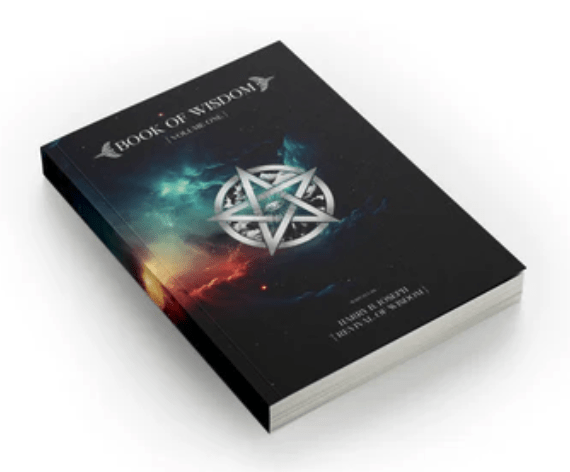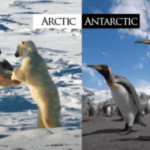In an era where the quest for truth often leads us down rabbit holes of misinformation and deception, it’s refreshing to encounter a narrative that not only enlightens but also empowers. “THE MOSQUITO AGENDA: What you NEED to know about OPERATION BIG BUZZ” is a YouTube video that serves as a beacon of awareness in the murky waters of historical and contemporary issues surrounding biological research and its implications on humanity and the environment. This article aims to shed light on the critical messages conveyed in the video, emphasizing the importance of understanding our past to navigate our future positively.
The Essence of Operation Big Buzz
Operation Big Buzz, conducted in 1955, was a U.S. military experiment that explored the feasibility of using mosquitoes as vectors for biological warfare. The operation saw the release of hundreds of thousands of mosquitoes in Georgia and Florida to study their potential in spreading diseases over large populations. While the mosquitoes released were reportedly uninfected, the operation’s secrecy and the lack of informed consent from the residents in the test areas have raised ethical concerns. This historical event underscores the lengths to which governments might go in the name of national security, often at the expense of ethical considerations and public safety.
The Mosquito as a Vector and Its Implications
Mosquitoes, particularly the Aedes aegypti species, have been at the center of various research studies due to their ability to transmit diseases such as yellow fever, dengue, and Zika virus. The video highlights the dual nature of mosquitoes as both a subject of scientific interest and a potential tool for bioterrorism. The discussion around the use of mosquitoes in biological warfare is not just a matter of historical interest but a pressing concern in today’s context of low-tech terrorism and biological threats.
The Shift from Mosquitoes to High-Tech Warfare
Interestingly, the video points out that since the 1960s, the focus of biological warfare has shifted from using mosquitoes to aerosolized pathogens. This shift reflects a broader trend in warfare and defense strategies towards more high-tech solutions. However, the potential of mosquitoes to cause widespread fear and panic remains a worrying prospect, especially in scenarios where they could be used to deliver deadly pathogens across multiple cities simultaneously.
The Role of Genetic Modification in Mosquito Control
The video also touches upon contemporary efforts to control mosquito populations through genetic modification, such as the Oxitec mosquito project in the Florida Keys. This project involves releasing genetically modified male Aedes aegypti mosquitoes that produce offspring that don’t survive to adulthood, thereby reducing the mosquito population. While the project has received approval from various regulatory bodies and has shown promising results in reducing mosquito populations, it also raises questions about the long-term ecological impacts and the ethical considerations of genetic modification.
A Call for Awareness and Ethical Consideration
“THE MOSQUITO AGENDA: What You Need to know about OPERATION BIG BUZZ” serves as a crucial reminder of the importance of transparency, ethical considerations, and informed consent in scientific research and government operations. It challenges us to question the motives behind certain actions and to consider the potential consequences of using nature as a weapon. As we move forward, we must remain vigilant, informed, and engaged in discussions about the ethical implications of scientific advancements and their impact on humanity and the environment.
Conclusion
In conclusion, the video “THE MOSQUITO AGENDA: What You Need to know about OPERATION BIG BUZZ” is a compelling narrative that brings to light the complex relationship between humans, nature, and technology. It encourages us to reflect on our past, question our present, and consider the future we wish to create. As truth seekers, it’s our responsibility to delve beyond the surface, seek understanding, and advocate for a world where scientific progress and ethical considerations go hand in hand. Let us embrace this knowledge not with fear, but with the optimism and determination to shape a better, more informed future.
















